
Prevention of Kidney Stones
‘Care for your Kidneys’ series
(Brought to you by MOHAN Foundation & Care for Your Kidney Foundation)
Those who have kidney stones (Urolithiasis) will not forget it. It affects about 12% of the world population at some stage in their lifetime. In Indian population, about 12% of them are expected to have urinary stones and out of which 50% may end up with loss of kidney function.
For most of us, our kidneys can effectively flush out chemicals, such as calcium and oxalate, from our bodies. But if those chemicals build up in our kidneys, they can bind together and form kidney stones.
Some stones are so small they pass out of our body without notice. Others may be as large as a golf ball. If these larger stones have trouble leaving your body, they can block urine, causing sharp pain in your lower back, side, or stomach.
Like most conditions, the sooner you have them treated the better. Here are some things you should know about kidney stones.
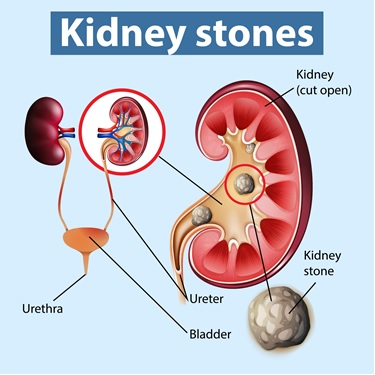
Risk Factors of Kidney stones
Some people are more at risk to get kidney stones:
Symptoms of Kidney Stones
It is important to identify and treat kidney stones as soon as possible. Here are the most common symptoms of kidney stones:
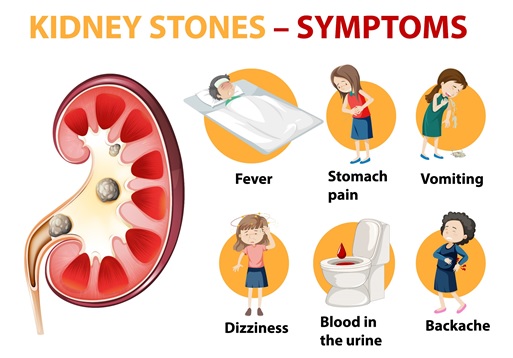
Prevention of Kidney Stones
The following tips may lower your chance of getting kidney stones:
Drink water – The most important thing you can do is drink more fluids, especially water. Try to drink 8-10 glasses of water a day. If you do not already drink that much, slowly increase how much you drink. For example: add one glass of water each day until you are drinking 8 to 10 glasses a day. This slow increase will give your body time to adjust to the extra fluids.
Note: You are drinking enough water when your urine is clear or light yellow. If it is dark yellow, you are not drinking enough fluids.
If you have a calcium kidney stone, it may help to:
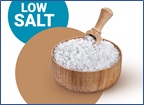

If you have an oxalate kidney stone, your doctor may ask you to limit certain foods that have a lot of oxalates, such as dark green vegetables, nuts and chocolate.
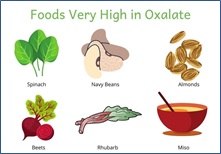
If you have kidney stones in the past, it may also help to:
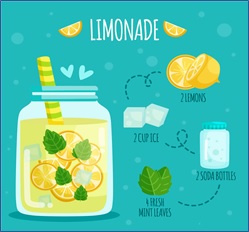
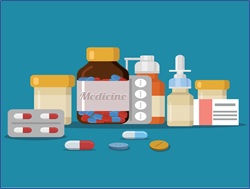
Just a few simple measures may go a long way in preventing painful kidney stones. However, always discuss with your doctor before starting or stopping any treatment or diet.